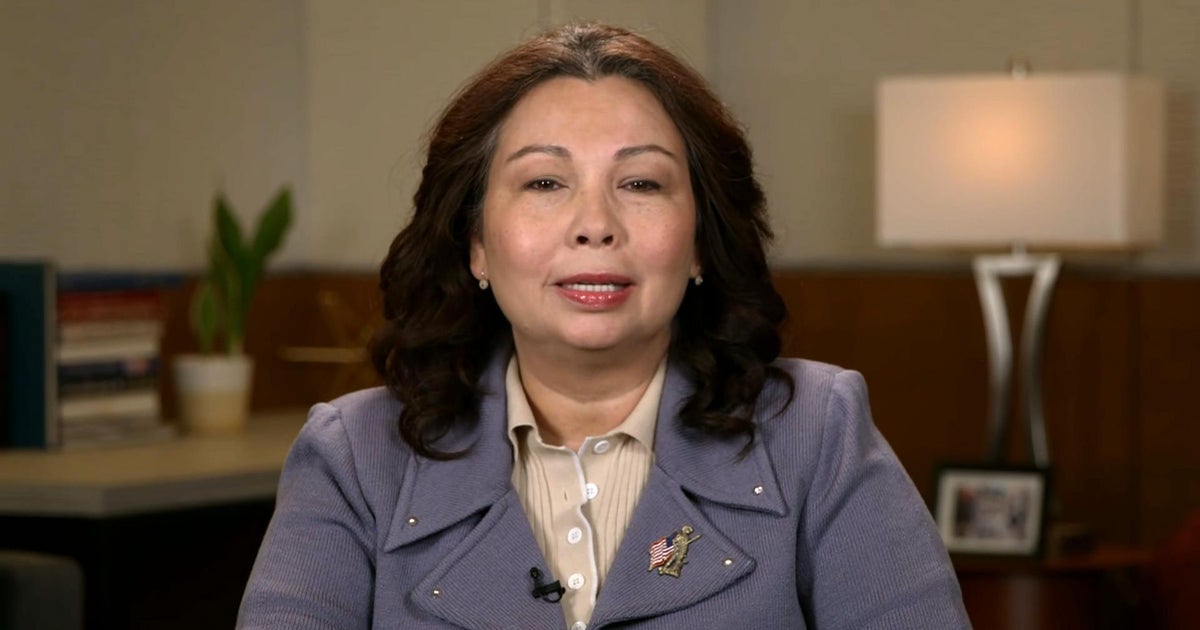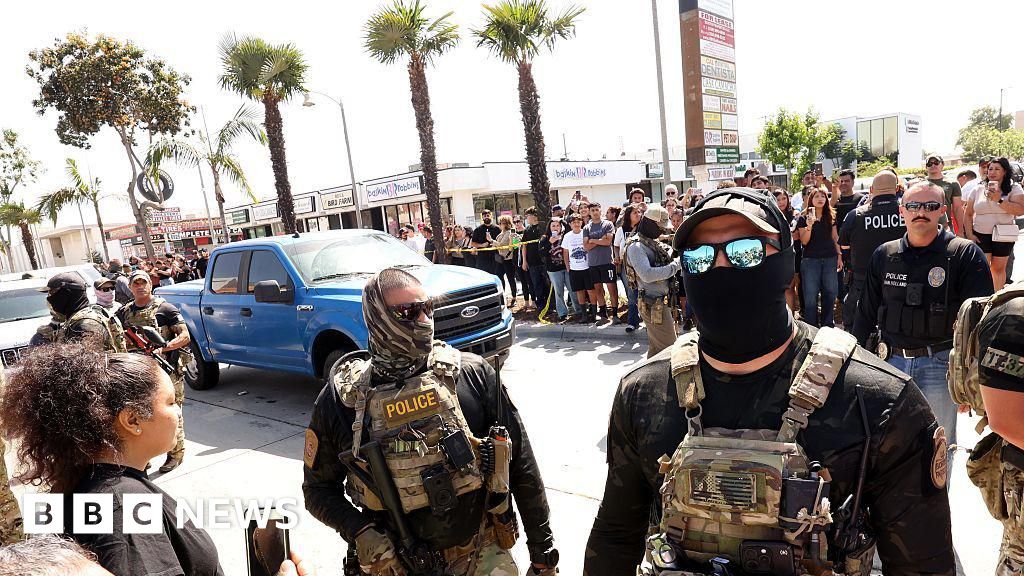
Senator Tammy Duckworth these days voiced her concerns regarding former President Donald Trump's remarks approximately deploying federal forces to Chicago. Duckworth, a sturdy recommend for her town, believes that Trump has "essentially just declared war" on Chicago, a announcement that has stirred vast public interest. The senator's comments come amid heightened tensions and discussions about federal involvement in nearby law enforcement.
Despite the robust rhetoric, Duckworth reassured residents that there are currently no "indications" of an real deployment of federal troops to the metropolis. This clarification pursuits to ease the fears of many residents who are concerned approximately the capacity implications of such an movement. Duckworth's statements underscore the complex dynamics among federal and local authorities in addressing crime and protection.
Chicago has been a focal point in country wide conversations about crime and policing. Former President Trump's management frequently criticized the city's management, citing rising crime prices as a justification for capacity federal intervention. However, local leaders, consisting of Duckworth, argue that collaboration in place of war of words is the important thing to addressing these problems efficiently.
Senator Duckworth's feedback replicate a broader difficulty about federal overreach and the importance of respecting neighborhood governance. She emphasized that deploying federal forces without nearby consent should result in multiplied tensions and doubtlessly undermine ongoing network policing efforts. Her stance is a call to prioritize speak and partnership over unilateral movement.
The debate over federal intervention in Chicago highlights the sensitive balance between ensuring protection and respecting the autonomy of nearby governments. Duckworth remains devoted to assisting her city's efforts to combat crime at the same time as advocating for solutions that respect the rights and freedoms of its citizens. Her role resonates with many that view federal involvement with skepticism.
The reaction from Chicago's nearby leaders has been combined, with a few expressing alleviation at Duckworth's assurances, whilst others stay cautious of destiny federal actions. The town's history with regulation enforcement and network members of the family provides any other layer of complexity to those discussions. Duckworth's leadership objectives to influence those conversations closer to optimistic and knowledgeable effects.
As the scenario unfolds, Senator Duckworth maintains to interact with both federal and local entities to make certain that Chicago's desires are addressed appropriately. Her proactive approach seeks to bridge gaps and foster know-how between specific degrees of presidency. Duckworth's willpower to her constituents is obvious in her ongoing efforts to prevent needless war and promote peace.
The ability deployment of federal forces in any town is a touchy problem that requires careful attention of all stakeholders involved. Duckworth's insistence on transparent verbal exchange and collaborative problem-fixing reflects a dedication to democracy and local empowerment. Her statements function a reminder of the importance of maintaining open channels of debate.
The ongoing dialogue among federal and city officials is crucial in navigating the complexities of crime discount and network protection. Duckworth's leadership serves as a guiding force in these discussions, advocating for solutions that are both powerful and respectful of local governance. Her efforts spotlight the want for complete techniques that address root reasons instead of symptoms.
In conclusion, Senator Tammy Duckworth's reaction to Trump's remarks underscores her willpower to her city and its citizens. By addressing worries about federal intervention, she is operating to safeguard Chicago's autonomy while seeking collaborative answers to its demanding situations. Her leadership is a testament to the electricity of knowledgeable, respectful discourse in achieving meaningful trade.










